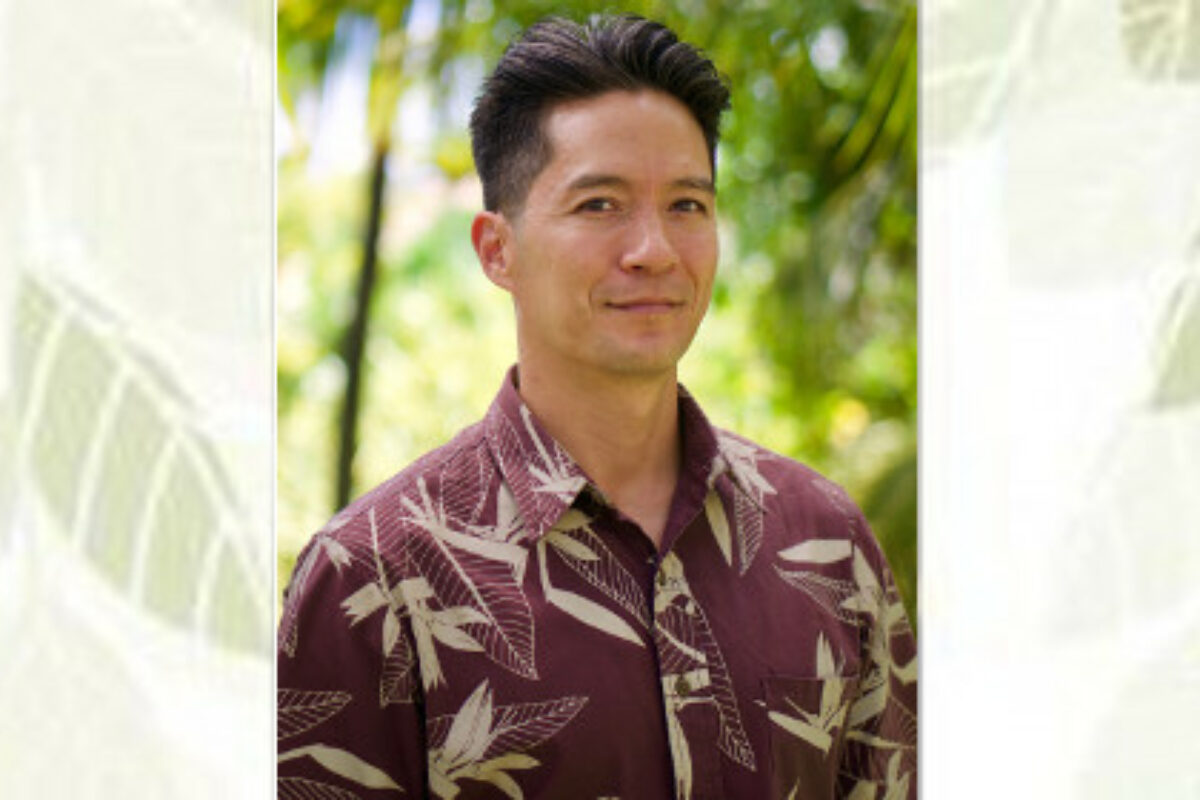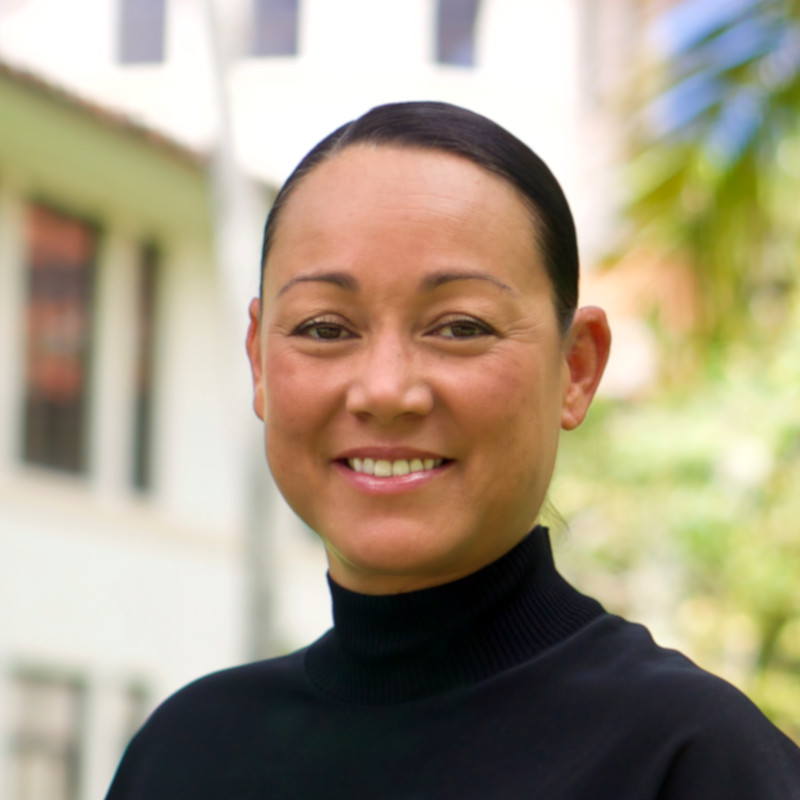
Assistant Professor Derek Taira, in the College of Education Department of Educational Foundations (EDEF), has been selected as a 2019 National Academy of Education (NAEd) Spencer Postdoctoral Fellow. He is one of only 30 fellows chosen from a highly competitive group of 221 applicants. The fellowship includes a $70,000 award to assist with research expenses and release time from teaching.
Taira’s work is an extension of his research project, Forward Without Fear: Native Hawaiians Contesting Americanization in Territorial Hawaii’s Public Schools, 1900-1941, for which he was awarded a $45,000 Spencer Foundation grant in 2018. In it, he examines Hawaiian language newspapers and petitions, Native Hawaiian student and teacher writings, and legislative journals to reveal a story of Native involvement in education.
According to the NAEd selection committee, Taira’s proposal was a standout for its clarity, focus, and organization. As a fellow, he will participate in a series of four-day workshops in Washington D.C. over the course of two years to connect with other senior scholars in various fields of education.
“My project attempts to bridge the relatively small scholarship on schooling in the late 19th century with the rapidly developing, more robust scholarship on late 20th century Native Hawaiian schooling,” Taira explained. “Of special interest to the reviewers is the inclusion of Native Hawaiian student and teacher narratives.”
Taira’s project has already produced subsequent articles as well as material for an upcoming book. An honorary educational society, NAEd administers the fellowships, which are funded by the Spencer Foundation. The fellowship program has over eight hundred alumni who include many of the strongest education researchers in the field today.
“This fellowship is an exciting opportunity that will not only help me produce a manuscript, but also highlight the depth and complexity of Hawaiʻi’s history during the territorial period,” Taira said. “The NAEd workshops will offer great opportunities to learn from other researchers and educators and grow from their collective knowledge and experiences.”

